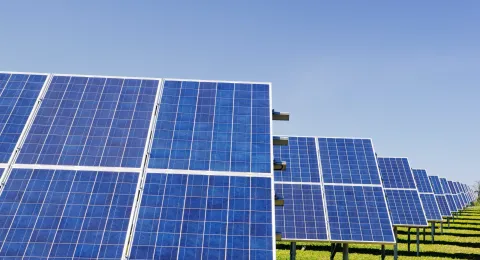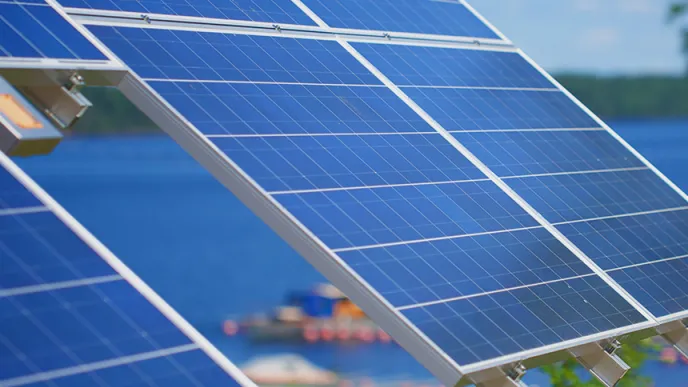Finland is home to more than 30 000 residential solar power plants or solar photovoltaic installations. Most households produce more than they can consume, especially in the summer. Prosumers – those who both produce and consume electricity – need to decide how to obtain the best financial profit from their electricity surplus.
"Many still think batteries are the best or even a necessary solution for deriving a profit from self-produced electricity. However, current battery prices rarely make the investment profitable," says Jero Ahola, Professor of Energy Efficiency in Electricity-Driven Systems, LUT University.
A study by LUT University shows that selling surplus solar PV energy to the electricity distribution network is usually more profitable than battery storage. The study examines the economic viability of storage solutions for solar PV energy. The three storage options under study were physical batteries installed on-site, virtual batteries of electricity companies, and selling electricity to the grid – so-called network storage.
Selling excess electricity to the grid is most cost-efficient
The study was published in the journal Applied Energy. It examines the electricity import and export data of two residential, detached houses over a period of three years and the actual electricity market price data from the same period. Self-consumption saves the household the price of a corresponding amount of purchased electricity and its transmission price, electricity tax and value added tax. In sales of surplus generation, the value is based only on the price of electricity.
Because of this difference, people easily think that selling is not profitable.
"On the contrary, our study indicates that selling excess electricity to the grid is the most cost-efficient solution. We could roughly say that battery prices would need to drop to a third of their current level for them to be a viable investment for residential power systems," says Pietari Puranen, a researcher at LUT and the lead author of the paper.
We could roughly say that battery prices would need to drop to a third of their current level for them to be a viable investment for residential power systems,
The study shows that the monetary value of a battery declines as the battery capacity increases. In other words, small batteries yield the greatest economic advantage.
The researchers also examined the impact of batteries on self-sufficiency: how large a part of the household's total consumption the solar photovoltaic system could cover.
"Naturally, the improvement of self-sufficiency depends on the size of the battery system. Larger batteries may help to improve self-sufficiency by up to 20–30 percentage points. However, the price of larger batteries rises more than the self-sufficiency rate, which decreases the relative profit," Puranen points out.
Virtual battery storages need to be more transparent
Some Finnish electricity companies offer their clients the option of virtual battery storage. LUT's Associate Professor Antti Kosonen has laboured to learn how such storages operate and what their advantages would be for the solar power system in his own home. Kosonen's house was also the subject of a scientific paper.
"In my opinion, virtual battery storage is not particularly transparent. At least regular prosumers may have trouble finding out about its advantages compared to selling excess electricity to the grid," Kosonen analyses.
The research paper Techno-economic viability of energy storage concepts combined with a residential solar photovoltaic system: A case study from Finland is available free of charge in the online service the journal Applied Energy.
More information:


Pietari Puranen





